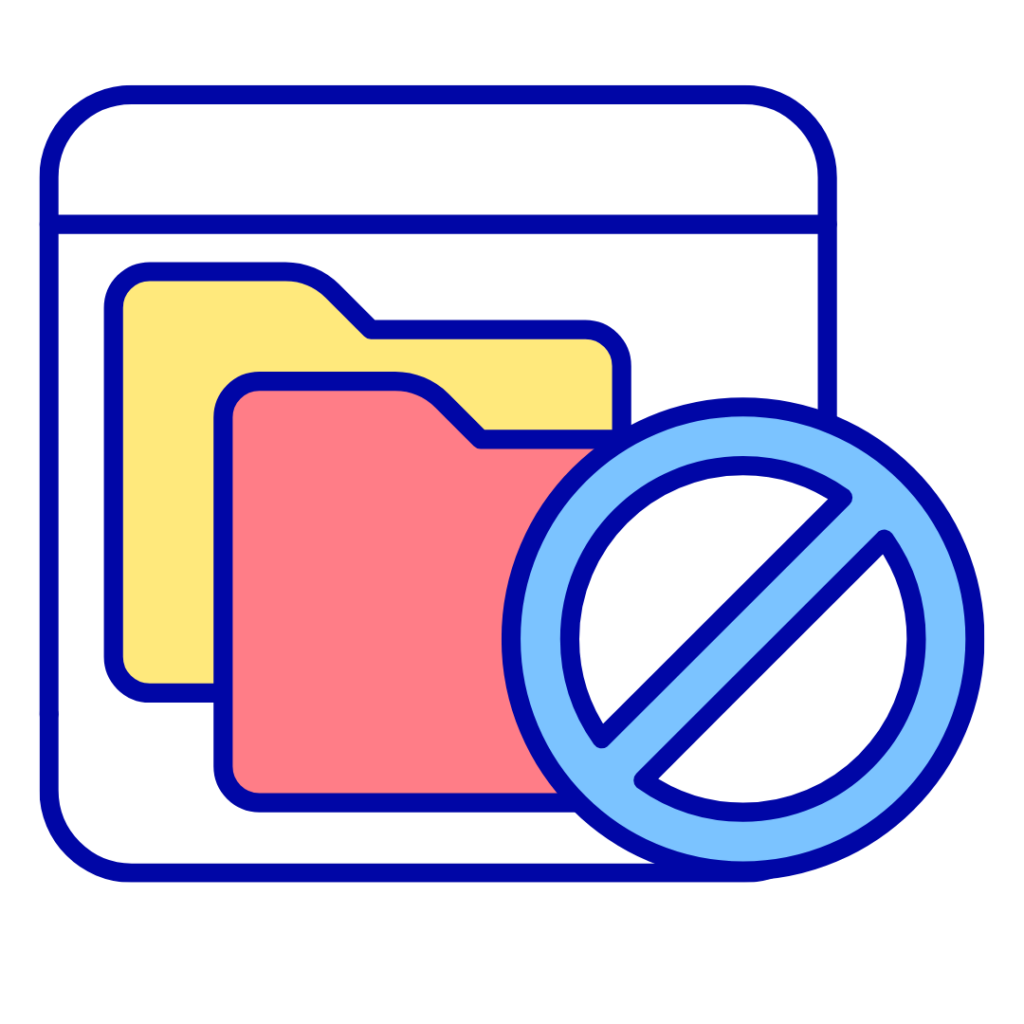
Filing your crypto taxes shouldn’t feel like walking into an audit trap. But with the IRS tightening its grip on digital assets, one small mistake could cost you, big time.
Whether you're new to crypto, trading like a pro, or preparing taxes for clients, this guide breaks down the top 10 crypto tax mistakes investors make, and how to avoid them using DeFi Tax, the audit-ready platform trusted by pros.

Taxable events don’t stop at selling Bitcoin. Many filers overlook staking rewards, airdropped tokens, NFT sales, and even in-game assets, all of which can trigger taxable income.
✅ Solution: DeFi Tax automatically categorizes all crypto income, including NFTs and DeFi rewards, so nothing slips through the cracks.

Think your private wallet doesn’t count? The IRS disagrees. Moving crypto between wallets can trigger taxable events, especially if the transfer includes a swap or fee.
✅ Solution: Sync every wallet in seconds with DeFi Tax and track all movements, across chains and tokens.

Most exchanges don’t capture your full crypto history. Some don’t even account for cost basis or missing data from previous years.
✅ Solution: DeFi Tax aggregates your entire transaction history across 180+ currencies and platforms into a complete, audit-ready report.

Short-term crypto gains are taxed as regular income (up to 37%), while long-term gains benefit from lower rates. Mixing them on Form 8949 can lead to IRS penalties.
✅ Solution: DeFi Tax correctly separates and calculates gains based on holding period and asset type.

FIFO? LIFO? HIFO? or Specific ID? The method you use affects your tax bill. But switching mid-year—or using multiple methods without documentation—can raise red flags.
✅ Solution: With DeFi Tax, you can apply the optimal accounting method and compare results side-by-side.

Some tax software lets you "adjust" transaction types or values—converting a taxable sale into a “gift” with one click. The IRS sees this as manipulation.
⚠️ Warning: Manipulating data can lead to tax fraud penalties, including fines up to $250,000 and potential prison time.
✅ Solution: DeFi Tax prevents data manipulation by pulling directly from the blockchain for tamper-proof accuracy.

You may think small trades or gas fees aren’t worth reporting, but the IRS thinks differently. Omitting even low-value transactions creates inconsistencies that can trigger audits.
✅ Solution: DeFi Tax captures every transaction, big or small, so your records are 100% complete.

Many tax platforms haven’t updated for the latest IRS crypto tax regulations, and worse, some enable data inconsistencies that put you at risk.
✅ Solution: DeFi Tax is built to meet current IRS standards and has been recognized by the IRS and SEC for its audit-ready methods.

Mining, liquidity pools, and yield farming generate income, often taxable at ordinary rates. Failing to report it accurately can lead to penalties or worse.
✅ Solution: DeFi Tax automatically identifies and categorizes crypto income, including complex DeFi and staking setups.

Missed deadlines and unfiled reports create penalties that stack up quickly. And with 1099s from exchanges coming into play, the IRS knows more than ever.
✅ Solution: Get your tax reports generated in minutes with DeFi Tax—so you can file on time, every time.
Crypto tax compliance doesn’t have to be stressful. DeFi Tax is here to make it easy—with audit-proof reporting, real-time syncing, and full transparency.
📌 Don’t make the same mistakes others do. Get audit-proof crypto reporting with DeFi Tax—built to protect.